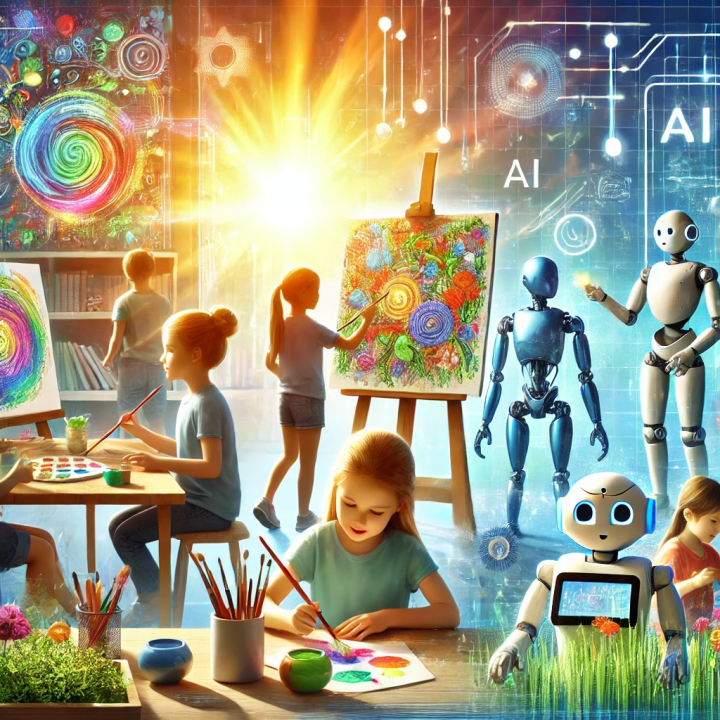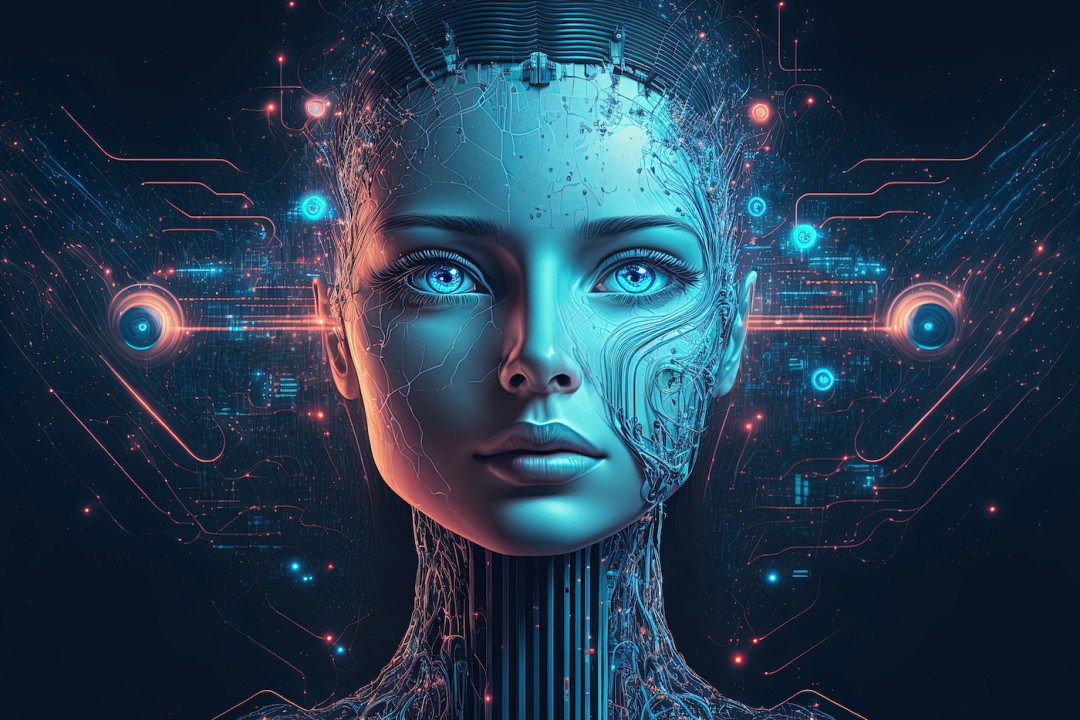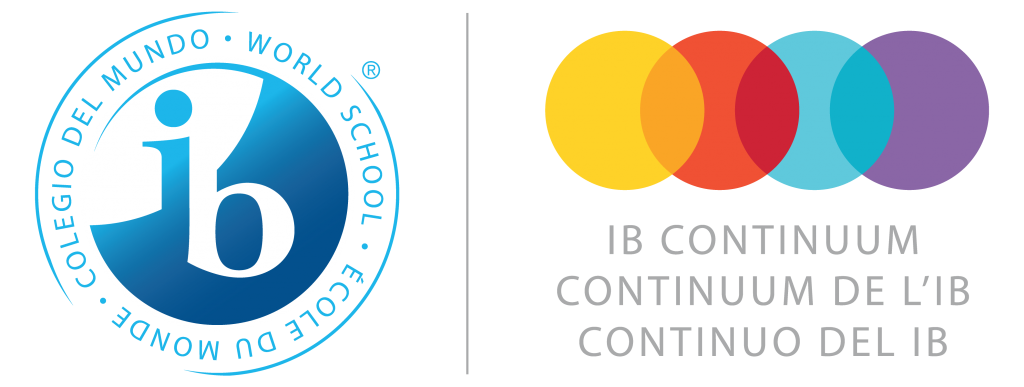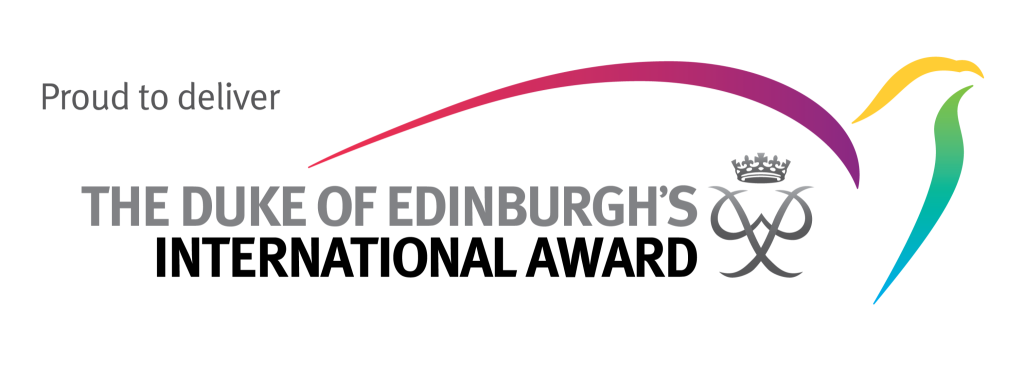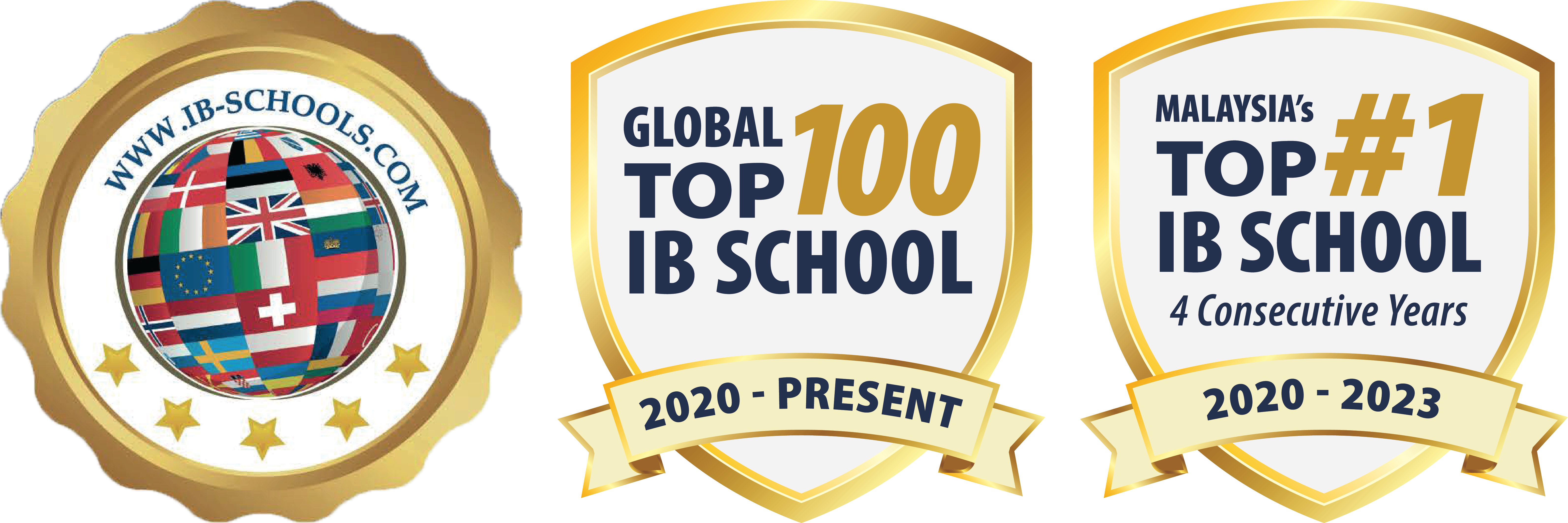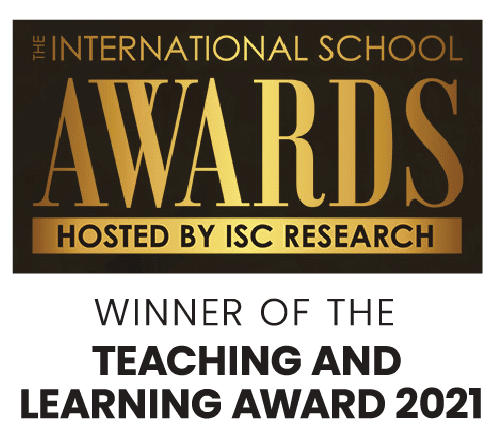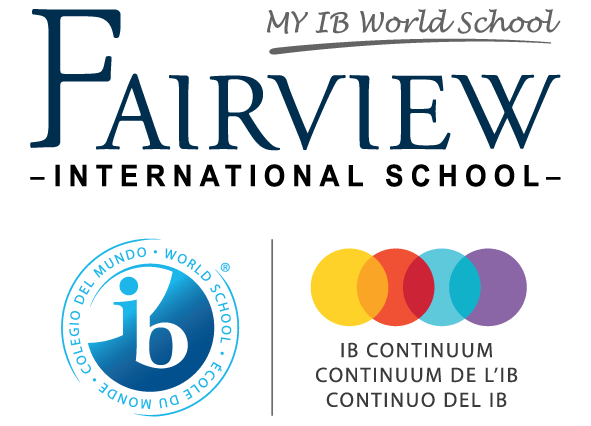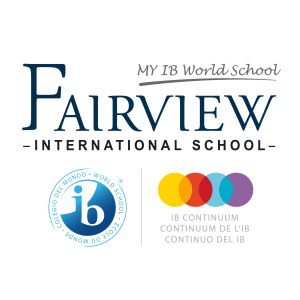The rise of artificial intelligence is no longer a distant possibility—it’s already reshaping how we work, learn, and live. Machines can analyze, predict, and even respond faster than any human. That’s the reality. But here’s the real question we’re asking at Fairview:
In a future dominated by AI, what will truly set our children apart?
Our answer is clear: everything that makes us human.
Yes, AI will transform industries. It will automate tasks, shift roles, and redefine the workforce. But in that very transformation lies an extraordinary opportunity: the chance to double down on the skills AI can’t replicate—creativity, empathy, ethics, critical thinking, physical connection, adaptability, and purpose.
At Fairview International School, these human capabilities are at the heart of everything we do. Across our IB programmes—Primary Years Programme (PYP), Middle Years Programme (MYP), and the IB Diploma Programme—we’re preparing students not just for exams, but for the world ahead. And we’ve seen the results first-hand. Let us introduce you to the story of Mrs. Chan—a long-serving Fairview educator—and seven of her students, who exemplify how human-centric strengths lead not only to future-proof careers but to meaningful lives.
The Story of Mrs. Chan and Her Seven Students
1. Creativity and Innovation: The Artist Entrepreneur
Lisa, one of Mrs. Chan’s former students, launched a design studio blending her artistic talent with business acumen. She uses AI tools to refine her work—but her edge is emotional intelligence and original thinking. Her creativity, nurtured through PYP’s transdisciplinary approach and MYP’s design thinking framework, allowed her to build a brand that resonates with people. According to the World Economic Forum, creativity remains one of the top three skills employers seek by 2025. Lisa’s success proves it: innovation is fueled by imagination—not algorithms.
2. Empathy and Emotional Intelligence: The Therapist
John became a mental health counselor, building deep, trust-based relationships with clients through emotional intelligence. Tools may offer advice, but they can’t truly understand. Emotional intelligence was cultivated early through reflective practices embedded in Fairview’s Learner Profile, which encourages students to become caring, open-minded communicators. As TalentSmart research shows, emotional intelligence drives 58% of job performance, and individuals with high EQ earn an average of $29,000 more annually (Bradberry & Greaves). John’s career is a testament to the power of human connection.
3. Ethics, Morality, and Judgment: The AI Governance Specialist
Samantha entered the field of AI ethics, ensuring that technology serves people—not the other way around. She works with global tech companies to build systems that are fair, transparent, and inclusive. This critical lens was developed through Fairview’s emphasis on global citizenship and ethical reasoning across the MYP and Diploma Programme. According to Deloitte, ethical leadership is essential to long-term success. Machines can process data, but only humans can decide what’s right.
4. Critical Thinking and Complex Problem-Solving: The Business Strategist
David became a strategy consultant, trusted for his ability to navigate complexity and ambiguity—areas where AI still stumbles. His ability to dissect problems, challenge assumptions, and think independently is a skillset refined through Fairview’s Theory of Knowledge (TOK) course and interdisciplinary learning in MYP. As noted by the American Management Association, organizations that emphasize critical thinking report up to a 25% rise in productivity. David’s human judgment wasn’t just helpful; it was essential.
5. Physical Dexterity and Human Touch: The Skilled Surgeon
Sophie pursued medicine and became a surgeon. She uses AI-assisted diagnostics, yes—but it’s her steady hands, nuanced decision-making, and ability to connect with patients that define her excellence. Her path was supported by Fairview’s emphasis on real-world application, reflection, and hands-on inquiry in science and design subjects. The Bureau of Labor Statistics predicts a 12% increase in jobs requiring physical dexterity by 2030. In fields like medicine, the human touch isn’t optional—it’s everything.
6. Purpose, Meaning, and Culture: The Social Entrepreneur
Alex founded a social enterprise addressing educational inequality—driven by a strong sense of purpose cultivated during his IB years. Through CAS (Creativity, Activity, Service) and Fairview’s global awareness initiatives, his motivation wasn’t just profit—it was purpose. According to Gallup, people who find meaning in their work are over three times more likely to be engaged. Alex’s impact shows us something AI can never replicate: the ability to care, to dream, and to act for the greater good.
7. Adaptability and Learning Agility: The Tech Innovator
Priya, once a student who struggled with traditional learning, discovered her strength in curiosity and resilience., Today, she leads in the tech industry—not because she knew everything from the start, but because she learned how to learn. She embraced change and led teams through constant innovation. Fairview’s learner-centered approach helped her develop adaptability—a key trait noted in LinkedIn’s Workplace Learning Report as essential for modern careers.. In a world of change, it’s the agile mind that thrives.
Why These Skills Matter
What unites these students isn’t a single profession or path. It’s that they all mastered the skills that AI can’t automate. At Fairview, these aren’t add-ons. They are core outcomes of our IB-aligned education.
- Creativity drives invention. AI can assist—but imagination sparks change.
- Empathy builds trust. Essential in leadership, healthcare, education, and beyond.
- Ethics guide technology to serve humanity with integrity.
- Critical thinking solves complex problems where AI lacks context.
- Human touch and dexterity remain vital in healthcare, craftsmanship, and service.
- Purpose fuels engagement, resilience, and long-term fulfillment.
- Adaptability ensures our students don’t just keep up—they lead forward.
These aren’t just soft skills—they’re survival skills for the 21st century.
How We Prepare Students at Fairview
We don’t teach students to keep up. We prepare them to lead. Across the PYP, MYP, and Diploma Programme, our inquiry-driven, values-based approach cultivates future-ready global citizens. We’re not waiting for the future to arrive—we’re designing learning for it today. At Fairview, we equip students not only with technical knowledge but with the mindset and values that set them apart.
Here’s how we make it happen:
- Teach Human Skills: From inquiry-based learning to ethical decision-making, we nurture the whole child—mind, heart, and spirit.
- Foster Lifelong Learning: Our students don’t memorize—they question, explore, and adapt.
- Emphasize Purpose: We help every student discover their “why,” connecting learning to impact.
- Position AI as a Partner: We guide students to use technology not just effectively—but responsibly and creatively.
📌 Explore our IB programme here to see how your child can grow with Fairview.
Conclusion: Humanity Is the Advantage
AI will continue to evolve. But the most powerful force in the future isn’t artificial intelligence—it’s human intelligence.
At Fairview International School, we prepare students to lead with empathy, to solve with curiosity, and to innovate with purpose. That’s how we future-proof education—not by racing machines, but by raising humans.
So when people ask, “What’s left for our children in an AI-driven world?”—we say:
Everything that matters.
👉 Ready to future-proof your child’s education? Learn more about our IB programme and how to enrol here.
Works Cited
- World Economic Forum. “The Future of Jobs Report 2020.” World Economic Forum, 2020, www.weforum.org/reports/the-future-of-jobs-report-2020.
- Bradberry, Travis, and Jean Greaves. Emotional Intelligence 2.0. TalentSmart, 2009.
- Deloitte. “Deloitte Global Human Capital Trends.” Deloitte Insights, www2.deloitte.com/us/en/insights/focus/human-capital-trends.html.
- American Management Association. “Critical Thinking in the Workplace.” American Management Association Report, www.amanet.org.
- Bureau of Labor Statistics. “Occupational Outlook Handbook.” U.S. Department of Labor, www.bls.gov/ooh.
- Gallup. “State of the American Workplace.” Gallup Inc., www.gallup.com/workplace.
- LinkedIn Learning Solutions. “2020 Workplace Learning Report.” LinkedIn Corporation.


